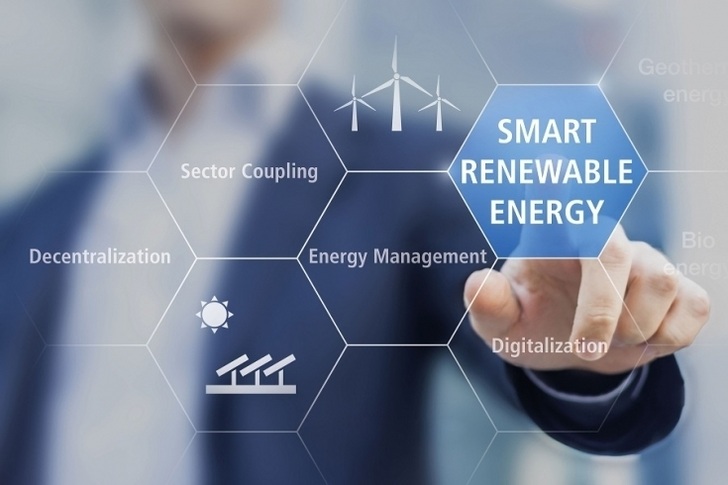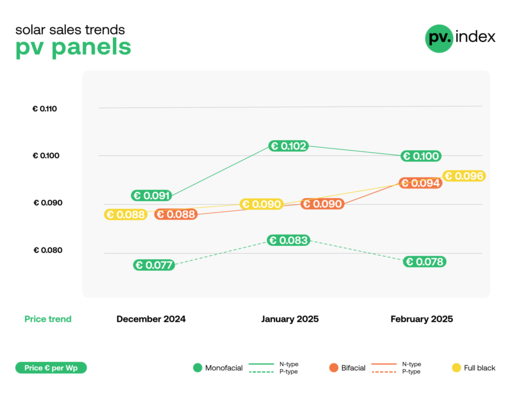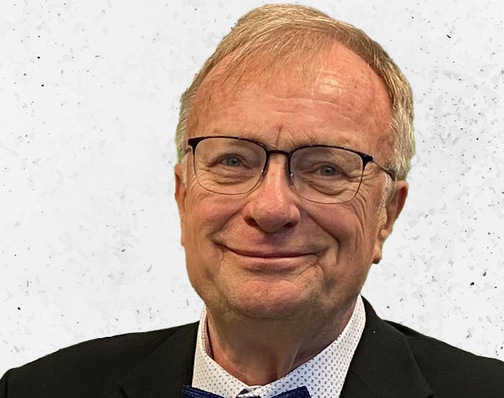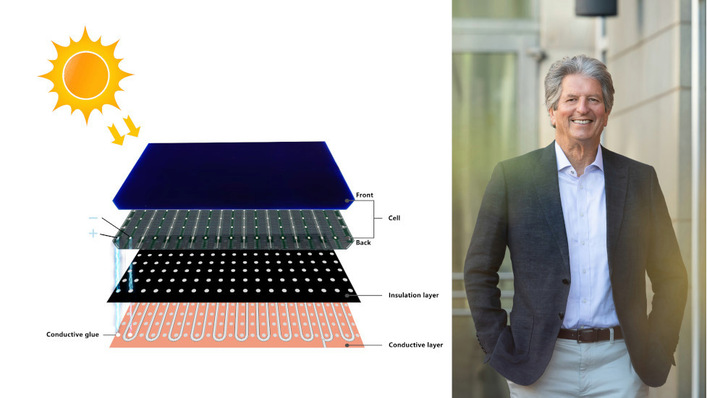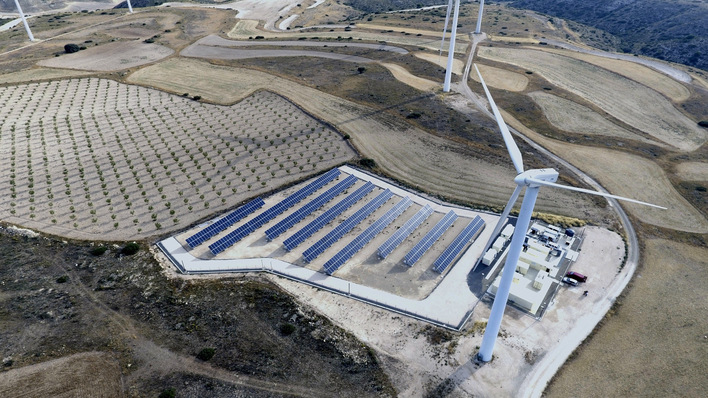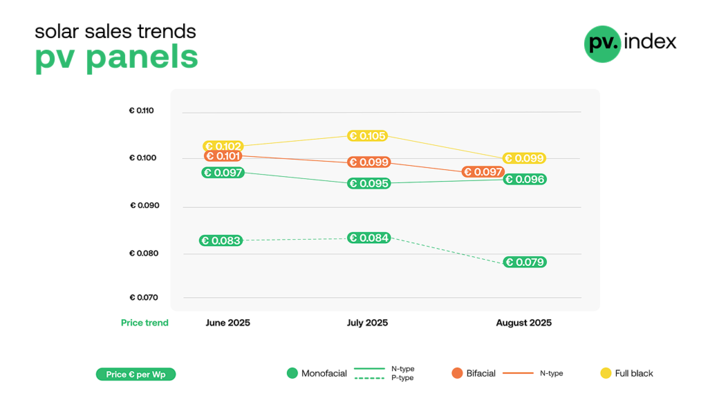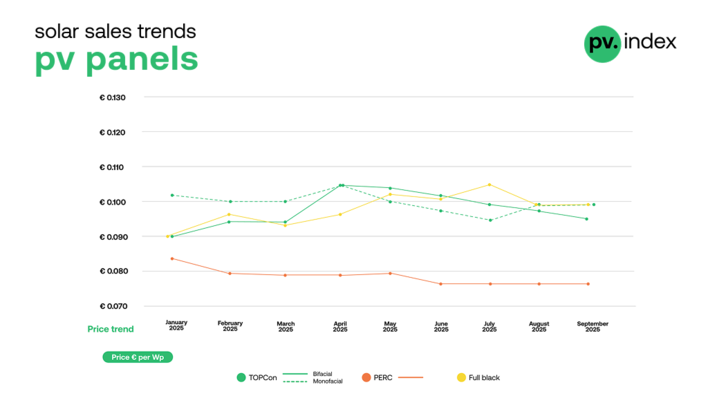Six to ten million decentralised solar and wind power plants, combined heat and power plants and storage facilities are expected to be connected to the grid in Germany by 2030. "When you consider this, it becomes clear that digital technology and data networking are essential to ensure system and supply security as well as economic operation," emphasized Hans-Martin Henning, Director of the Fraunhofer Institute for Solar Energy Systems ISE.
Improved sensor technology, big data and artificial intelligence for better forecasting
According to his message, improved sensor technology, big data and artificial intelligence are also indispensable for modern forecasting methods for fluctuating generation. After all, the weather-related provision of energy in many places requires ever better knowledge of the current local conditions of wind and sun. Information and communication technology can also help to promote sector coupling and build bridges between electricity, heat and mobility. It is also necessary for consumption control.
"Consumption must follow the generation of volatile plants more closely”
"We are currently experiencing a paradigm shift, especially in the electrical energy sector. In the future, consumption must increasingly follow the generation of volatile systems," emphasized Veit Hagenmeyer, Director of the Institute of Applied Computer Science at the Karlsruhe Institute of Technology (KIT). He pointed out that in the future "balancing must also be more decentralized", for example by means of an intelligent coupling of photovoltaic systems and storage facilities, at house, neighbourhood or community level.
But Henning resisted demands for a purely decentralised renewable energy world, which were raised at the start of the FVEE annual conference on Wednesday in Berlin. "It only works in combination decentralised-centralised", said Henning in an interview with ZfK. He sees subsidiarity as the yardstick here. "You can deal with many local supply issues, but you also need an overarching framework," he stressed. From his point of view, however, it remains to be seen whether grid operators will intervene to control individual plants or whether they will rather intervene in aggregated plants.
Open dilemma data protection - data use
The FVEE attaches great importance to cybersecurity and data protection in the digitalization of the energy world. "An independent information and data network for energy supply can make digitization in the energy system safer and more economical," emphasized conference chairman Kurt Rohrig, deputy director of the Fraunhofer Institute for Energy Economics and Energy System Technology (IEE). However, how this and a balance between data protection and data use, which basis for digitization is to be implemented, remained largely open at the start of the conference. "We are already getting into a dilemma here," admitted Hagenmeyer. He cited the reading of aggregated data from smart meters by distribution network operators and not the reading of individual devices as an example of how both requirements can be taken into account.
Adapt policy for a better use of renewables and flexibility
The energy researchers, however, agree on their demand that the framework conditions must be adapted in order to fully exploit flexibility potentials, for example through the increased use of storage. At the start of the FVEE annual conference, it was stated that a double burden of the EEG levy on storage facilities would be counterproductive. (HCN)
Stay informed, get our free newsletter twice a week. Register here
More useful information:
https://www.pveurope.eu/News/Solar-Generator/Call-for-more-solar-digitalisation
https://www.pveurope.eu/News/Solar-Generator/Digitalisation-and-energy-storage-as-drivers-for-solar
https://www.pveurope.eu/solar-modules/offer-new-digital-based-services-and-sell-solar-package


